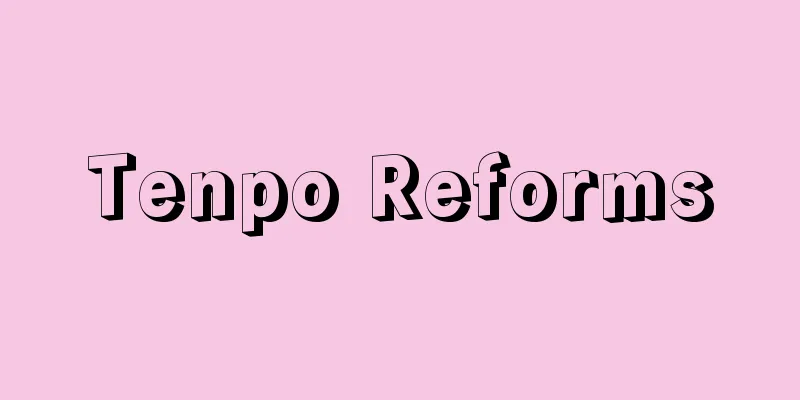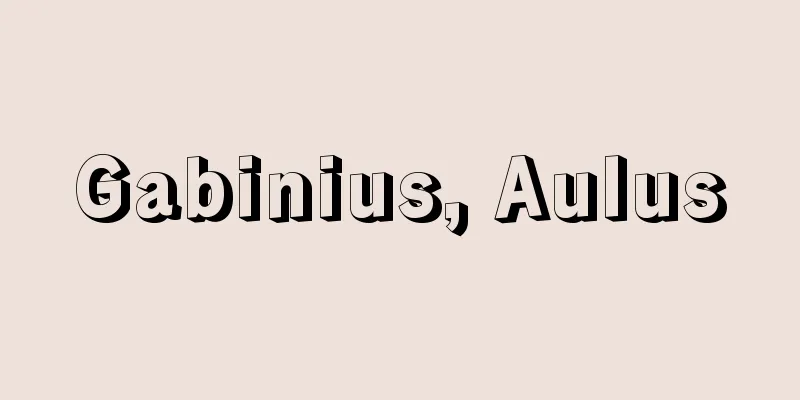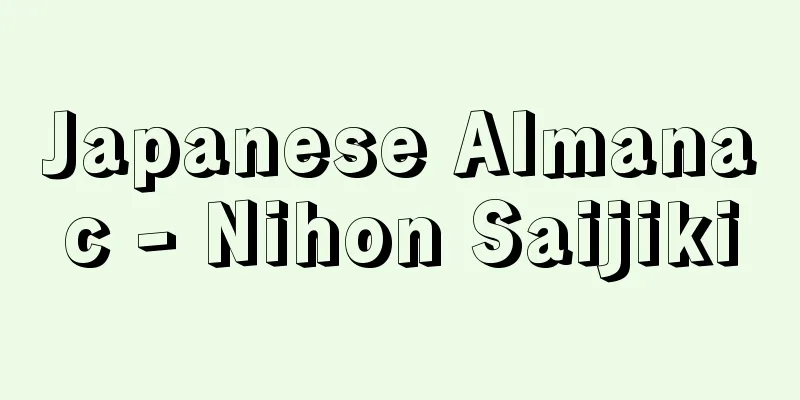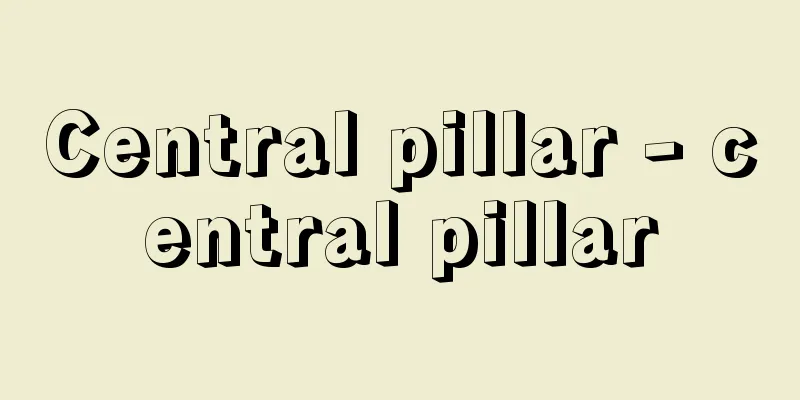Confidentiality - shuhigimu

|
Obligation to maintain confidentiality. In addition to civil servants, doctors, lawyers, etc. are also bound by confidentiality obligations. In the case of civil servants, this is an obligation that must be observed as a matter of course as long as they have (had) the status of an employee, regardless of whether they are performing their duties or not. Therefore, civil servants are bound by confidentiality obligations even when they are not on duty, on leave, suspended, or on vacation. The same applies after they retire. In this case, a secret is a fact that is not generally known, and it is recognized that making it known to the public would damage a certain interest. In the past, the prevailing view on this matter was that anything that a superior in a workplace recognized as a secret and ordered to be treated as a secret was a formal secret, but today, the prevailing view in case law is that the matter should be determined by practically judging whether it is not publicly known and whether it needs to be protected as a secret. Well-known cases include the Ministry of Foreign Affairs Confidential Document Leak Case (Tokyo High Court ruling of July 20, 1976) and the Tax Collection Tiger Case (Supreme Court ruling of December 19, 1977), in which the Ministry of Foreign Affairs' top-secret telegrams regarding the so-called Okinawa Secret Agreement exchanged during the negotiations for the return of Okinawa, and the tax office's standard income rate table (necessary expense rate table), were found to be secret. There are two types of secrets that public servants must protect: "official secrets" and "secrets learned in the course of official duties." The former are secrets that fall under the official jurisdiction, i.e., public secrets. Examples include minimum bid prices at public auctions, performance evaluations, unannounced road construction plans, entrance exam questions, and promotion exam questions, which would harm the public interest if made public. The latter includes not only official secrets, but also personal secrets learned in the course of official duties, such as an individual's assets and living conditions, history, family relationships, medical history, and the secrets of a person's birth. Public servants are prohibited from disclosing "secrets learned in the course of official duties," whether they are in service or have left the company, and violations of this rule are subject to disciplinary action and criminal punishment. Those who plot or instigate the disclosure of secrets will also be punished. However, because the Constitution prohibits censorship (Article 21, Clause 2), the publication of secrets itself cannot be prevented. In contrast, "official secrets" can be disclosed with the permission of the appointing authority when they serve as a witness or expert witness under law (Articles 100, 109, and 111 of the National Public Service Act, and Articles 34, 60, and 62 of the Local Public Service Act). In addition to the Public Servant Law, there are special laws that stipulate the confidentiality obligations of public servants in charge of specific public duties (Article 243 of the Income Tax Law, Article 22 of the Local Tax Law, Article 61 of the Child Welfare Law, Article 41 of the Statistics Law, Article 105 of the Labor Standards Law, Article 109 of the Seamen's Law, Article 23 of the Labor Union Law, Article 51-6 of the Mental Health and Welfare Law, Article 39 of the Antimonopoly Law, Article 4 of the Notary Public Law, etc.). Furthermore, Article 134 of the Penal Code stipulates a duty of confidentiality for doctors, lawyers, pharmacists, etc. [Yasuhito Abe] [Reference items] | |Source: Shogakukan Encyclopedia Nipponica About Encyclopedia Nipponica Information | Legend |
|
秘密を守る義務。公務員のほか、医師、弁護士なども守秘義務を負う。公務員の場合、これは職務遂行中であると否とにかかわらず、職員たる身分を有する(有した)限り当然に守らなければならない身分上の義務である。したがって、公務員は勤務時間外でも、休職、停職、休暇中でも守秘義務を負う。さらに退職後も同様である。 この場合の秘密とは、一般に知られていない事実であって、それを一般に知らせることが一定の利益を損なうと認められるものである。これにつき以前は、職務上の上司が秘密に属すると認め、秘密扱いにすることを命じたものはすべて秘密とする形式秘説が有力であったが、今日では、当該事項の非公知性と秘密としての要保護性を実質的に判断して決すべきものとする実質秘説が判例通説である。 著名な判例は、外務省機密文書漏洩(ろうえい)事件(東京高等裁判所昭和51年7月20日判決)、徴税トラの巻事件(最高裁判所昭和52年12月19日判決)などで、沖縄返還交渉の過程で取り交わされたいわゆる沖縄密約に関する外務省の極秘電文や、税務署の所得標準率表(必要経費率表)は秘密にあたるとされた。 公務員が守るべき秘密には「職務上の秘密」と「職務上知り得た秘密」とがある。前者は職務上の所管に属する秘密、すなわち公の秘密である。たとえば、公売における最低入札価格、勤務評定、未発表の道路建設計画、入学試験問題、昇進試験問題など、それが公表されると公の利益を害するものをいう。後者は職務上の秘密のほかに、職務を通じて知った個人の秘密、たとえば個人の財産と生活状態、履歴、家族関係、病歴、人の出生の秘密などを含む。 公務員は「職務上知り得た秘密」については在職中と退職後とを問わず、これを漏らすことは禁じられ、これに違反すると懲戒処分と刑罰の対象となる。秘密漏洩を企て、それを唆したりした者も処罰される。しかし、憲法が検閲を禁じている(21条2項)ため、秘密の公表自体を差し止めることはできない。これに反し「職務上の秘密」については、法令による証人、鑑定人となる場合、任命権者の許可を得て発表できる(以上、国家公務員法100条、109条、111条、地方公務員法34条、60条、62条)。 公務員法のほかに、特定の公務を担当する公務員の守秘義務を定める特別の法律がある(所得税法243条、地方税法22条、児童福祉法61条、統計法41条、労働基準法105条、船員法109条、労働組合法23条、精神保健福祉法51条の6、独占禁止法39条、公証人法4条など)。 さらに刑法第134条は医師、弁護士、薬剤師等の守秘義務を定めている。 [阿部泰隆] [参照項目] | |出典 小学館 日本大百科全書(ニッポニカ)日本大百科全書(ニッポニカ)について 情報 | 凡例 |
>>: Superior (English spelling)
Recommend
Permitted explosives
This is an explosive for coal mines that has pass...
Cacomistle - To surround (English spelling)
It is an animal of the order Carnivora, family Pr...
Parallel world
...Also, because the fourth-dimensional world is ...
Hoya [city] - Hoya
An old city in central Tokyo. It was incorporated ...
Chloropsis gracilis - Chloropsis gracilis
…It seems natural within the realm of common sens...
Demolition work - Kaitai Kouji
Demolition of buildings. This refers to the demol...
Syngnathus schlegeli (English spelling) Syngnathusschlegeli
…Unlike the seahorses of the same family, the hea...
Maxwell's demon
An imaginary demon (also called Maxwell's dem...
Smithson, A. (English spelling) SmithsonA
… While the mainstream of British architecture in...
Bisan Seto
Seto lies between Sanuki and Bizen. It is the narr...
Brand name - Meigara
A name given to a product to indicate its specifi...
Tsutomu Arisaki
…His real name was Keitaro Yamashita. His pen nam...
Kanaya stone
...The rock peaks of sandy tuff, which are connec...
filhos da terra (English spelling) filhosdaterra
… [Nobuyuki Hashimoto] [Residents, Society] The c...
Hiuchidai (Rosy soldier fish)
A marine fish of the family Botrydae in the order ...
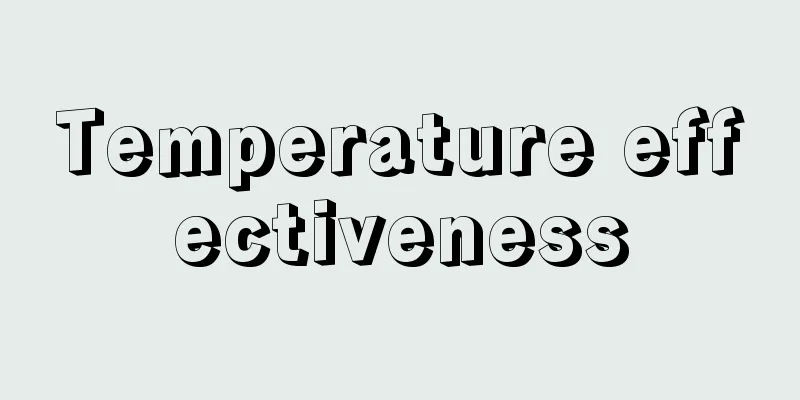
![Nadasaki [town] - Nadasaki](/upload/images/67cc6652016bf.webp)


